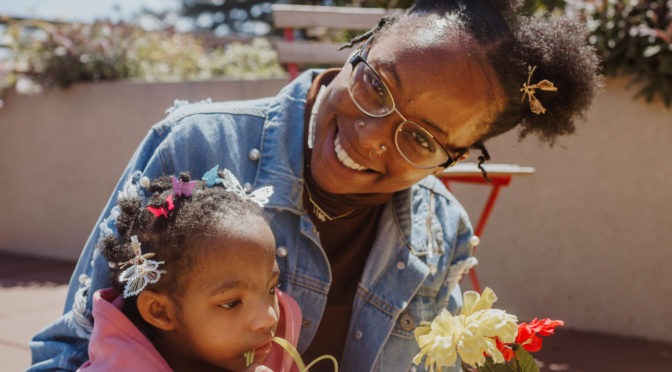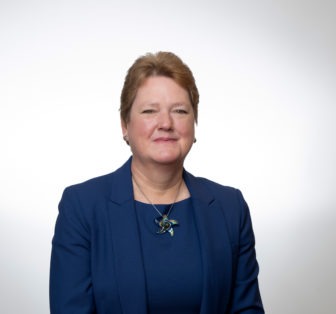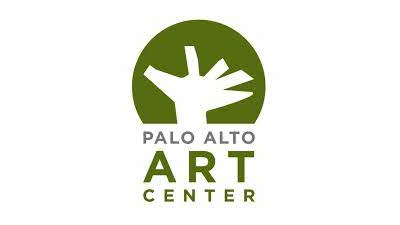Last fall, LightHouse proudly introduced our newest department to our community, LightHouse Little Learners! It took a whole year of blood, sweat and tears to establish this wonderful team and fulfil a long-held organizational goal to offer services to the littlest members of the blind and low vision population and their families.
From onboarding our first Little Learner and their family, to exploring Enchanted Hills Camp at our first Little Learners Family Camp session this summer, it has been a busy twelve months! Today, Little Learners is currently serving 87 children throughout the Bay Area and Central Valley, with our youngest Little Learner being a newborn baby of just two days old! Since the start of our program last autumn, we have served a total of 147 babies and toddlers – and counting!
“It’s hard to believe that the Little Learners program has reached its one-year anniversary!” says Pam Chapin, LightHouse Little Learners Program Director. “Over the year, families have participated in specialized services with our highly experienced Early Childhood Blind and Low Vision Specialists in their homes and communities, have created wonderful memories and friendships at Enchanted Hills Camp, and have learned together through Playgroups and family gatherings at local venues.
“Little Learners has provided trainings and created partnerships with local Regional Centers, Education Agencies, Infant Programs, and medical providers to help identify children who are blind, have low vision, and cerebral visual impairment, and to help families access appropriate early learning services.
“We look back with pride at all that this team has accomplished and with gratitude for the support and collaboration provided by every department at LightHouse. We are honored to be part of each family’s journey and excited to grow into the future!”
Other members of the LightHouse Little Learners team shared their thoughts and reflections over the year:
“My favorite memory so far has been the garden party the East Bay team hosted on the patio at Ed Roberts campus. It was so wonderful to have our Little Learners and their families come and have fun on the beautiful campus!” – Elizabeth Basillo, Regional Coordinator
“The most memorable thing for me has been the warm reception we got from the entire staff of the LightHouse. It was very touching and made me feel that we were considered an important part of the agency.” – Jeri Hart, Blind and Low Vision Specialist
“I am a strong believer in that ‘Actions Speaks Louder Than Words!’ The most impressive thing that stands out to me about LightHouse is the amount of staff it has who are blind and/or have a visual impairment throughout the organization! This warms my heart as a parent of an individual with significant special needs! This fact speaks tons about the organization and its mission!!” – Araceli AVina, Blind and Low Vision Specialists
We couldn’t be more proud to celebrate our first year of LightHouse Little Learners and look forward to many more. For questions, inquiries, or to find out more information about the Little Learners program, contact littlelearners@lighthouse-sf.org. You may also reach the Little Learners team by phone at 415-694-7657, by video phone at 415-255-5906, or visit the LightHouse website.





